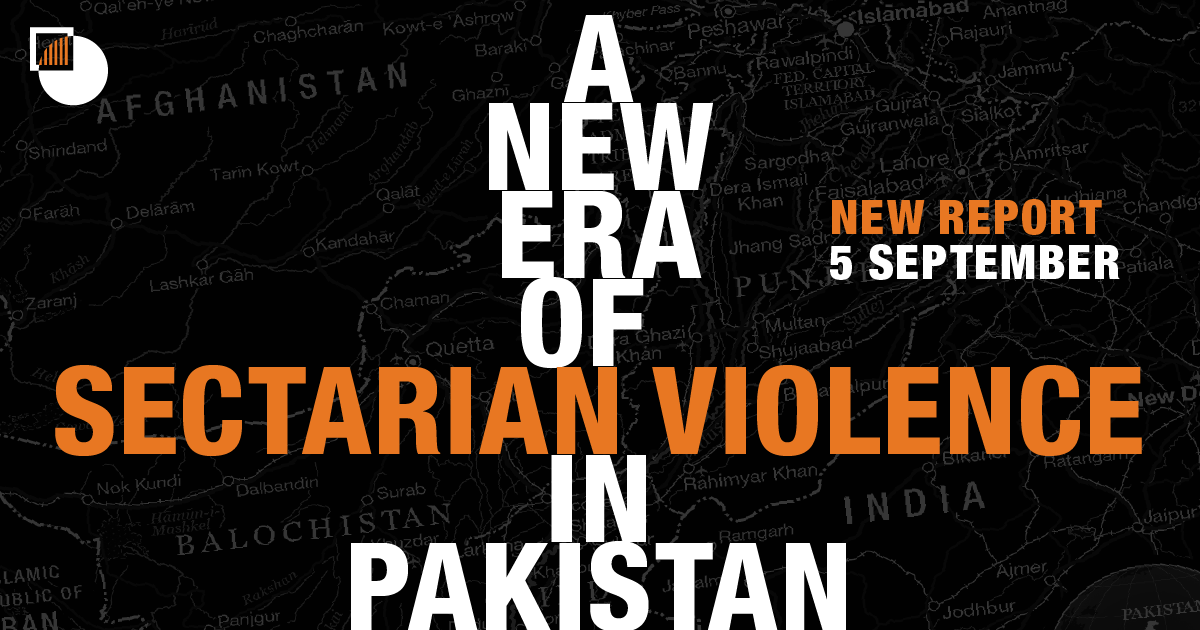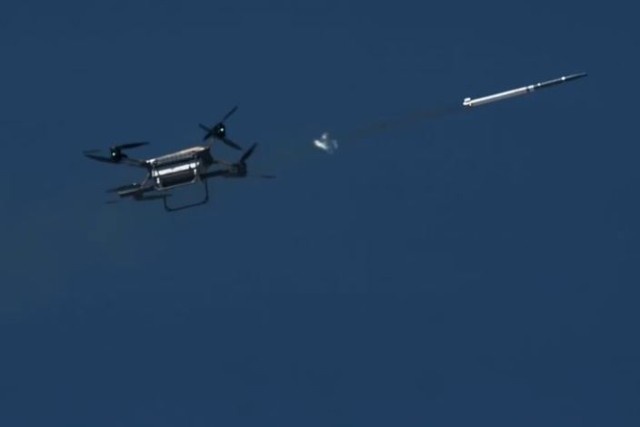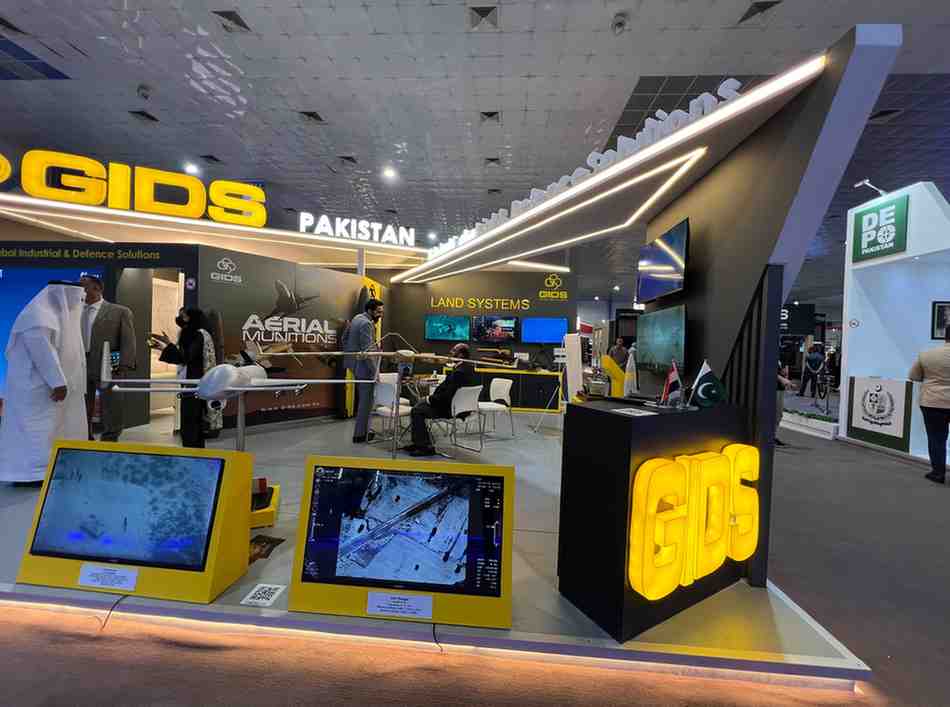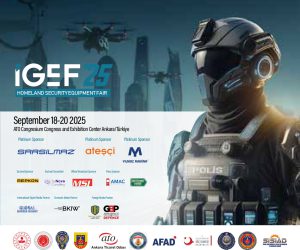Terrorism and extremism are highly complex phenomena. Violence by individuals or by states has become a fundamental threat to safety. The use of modern technology for waging hybrid warfare cuts across sovereign borders and destroys value systems. Non-traditional security threats such as climate change, droughts, food security etc. have acquired dimensions of national security challenges and require innovative solutions.
A report titled “A New Era of Sectarian Violence in Pakistan” by International Crisis Group on 05 Sept which covers the rise of sectarian violence in Pakistan, the emergence of Salafi Sectarianism in the form of ISKP and Barelvi sectarianism of TLP. It has raised some pertinent but disturbing questions about the state of sectarian militancy in Pakistan.
The report reinforces the conclusion reached by security experts earlier that the TTP, TLP, and other militant groups have become affiliates of the Islamic State Province of Khorasan (ISPK) that have grown out of the tribal belt that straddles Afghanistan and Pakistan to other provinces.
The report mentions that “These two groups are very different and responsible for some of the country’s worst inter-communal bloodshed. Sectarian militancy thus extends across the spectrum of Sunni Islamist groups. Muslim minorities, particularly Shias, are deeply vulnerable. Vigilantism is a danger as hardliners mobilize around allegations of blasphemy to gain political clout.”
Read More: India-Israel Cyber Cooperation and its impact
It was further mentioned that Pakistan’s counter-terrorism approach has achieved short-term successes but neglected long-term strategies to deny civic space to violent sectarian outfits. Government policy has often amplified rather than tamped down sectarian rhetoric. Several senior serving and retired counter-terrorism, intelligence and regular law enforcement officials rightly contend that, in the past, the state has prematurely declared victory over such groups.
Analysis
The geopolitical situation around Pakistan has rapidly changed over the past few years and may continue to change at a more rapid rate in the coming years. Most of the developments in the South Asian Region, mainly Afghanistan and India have created drastic effects on our security. Similarly, the instability of several states in the Middle East and the raging fires of sectarian and proxy civil wars present difficult choices for the country.
It is right that no faction can be allowed to hold the whole country hostage and sabotage the order of daily national life. Pakistan, another Islamic state, has various religious political parties. These parties use religion to further their own agendas and deceive their supporters. A good example is Maulana Fazlur Rehman’s sit-in protest in October 2019.
These parties utilise religion to further their own agendas, and people are readily duped since they employ religious motivations to persuade them. Radicalization and extremism cannot be removed from the state as long as these religious parties have their own fan base.
Read More: Future Implications of Emerging Disruptive Technologies On Weapons Of Mass Destruction
Under NAP, the armed forces conducted kinetic operations to defeat and remove terrorists, while the government implemented non-kinetic reforms such as the regularisation of madrassas, de-radicalization of radical groups, justice system reforms, and the merger of FATA into KPK.
FATA mainstreaming has produced amazing benefits for Pakistan. This procedure has helped to solidify the advantages made by successful counter-terrorism operations. The Pakistan Army’s Operation Zarb-e-Azb and Operation Rad-ul-Fasad necessitate a consistent strategy from all national stakeholders. Pakistan has attained a pivotal point with the decline of terrorist strikes in the country.
Paigham-e-Pakistan was launched by the government that covers 22 points Fatwas on sectarianism and terrorism. The collective Fatwa clearly stated that “sectarian, hatred, armed sectarian conflict and imposing one’s ideology on others by force is clear violation of the injunctions of the Shariah and tended to create disorder on earth”.
Notable professors from various sects joined hands with PeP, demonstrating unprecedented sectarianism and offering a substantial boost to inter-sect harmony activities. This project is the best tool for combating extremism, sectarianism, and intolerance in society, as well as a road forward for the country to march on the path of peace and progress, as it unites all religious institutions and academics.
Read More: Significance of Aerospace Security
In 2021, Dawn reported that Former PM Imran Khan had authorized the use of force against the TLP marchers but the military leadership advised against the use of force arguing that it was not a solution. Recently, TLP criticised the PTI govt in KPK as the supporters of PTI baton charge and shelling at TLP workers during the Milad-un-Nabi procession.
On an immediate basis, the capacity-building of Pakistan’s law enforcement agencies and moving an effective criminal justice system against the perpetration of hate speech, religious bigotry, disruption of public and private property, and false accusations are required.
In this regard, an essential yet less debated-over measure is the need of overhauling Pakistan’s anti-terror legislation to respond to the evolving needs and ground realities. It may involve the initiation of legislative reforms to provide security nets to prosecutors and judges trying cases of misconduct by far-right groups.
Higher penalties may be imposed on abusers of hate crimes and violence against fake blasphemy and religious violations. The state must also launch comprehensive and substantial counternarrative initiatives that are communicated to the public via current and relevant media outlets.
Read More: Glock: The Special Forces Weapon of Choice
In the long run, it necessitates the inception of religious and educational revolutions, as well as the creation of healthy and meaningful discussion contexts, for which both the state and individuals are responsible. A long-term approach that includes both the youth and the academic community is required.
Pakistan has worked extensively to create counter-narratives in order to address the country’s terrorism problem. Pakistan produced a counter-ideology during and after the War on Terror (WoT) to generate alternative discourses for the youth. A similar strategy must be pursued in the case of TLP. Counter-narratives should focus on the radical views of the Barelvi sect this time.
About Author
Tahama Asad is a graduate of the National Defense University, Islamabad. The views expressed in the article are the author’s own and do not necessarily reflect the editorial policy of Global Defense Insight
- Global Defense Insighthttps://defensetalks.com/author/umair/
- Global Defense Insighthttps://defensetalks.com/author/umair/
- Global Defense Insighthttps://defensetalks.com/author/umair/
- Global Defense Insighthttps://defensetalks.com/author/umair/













